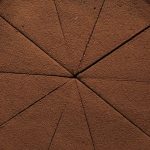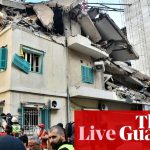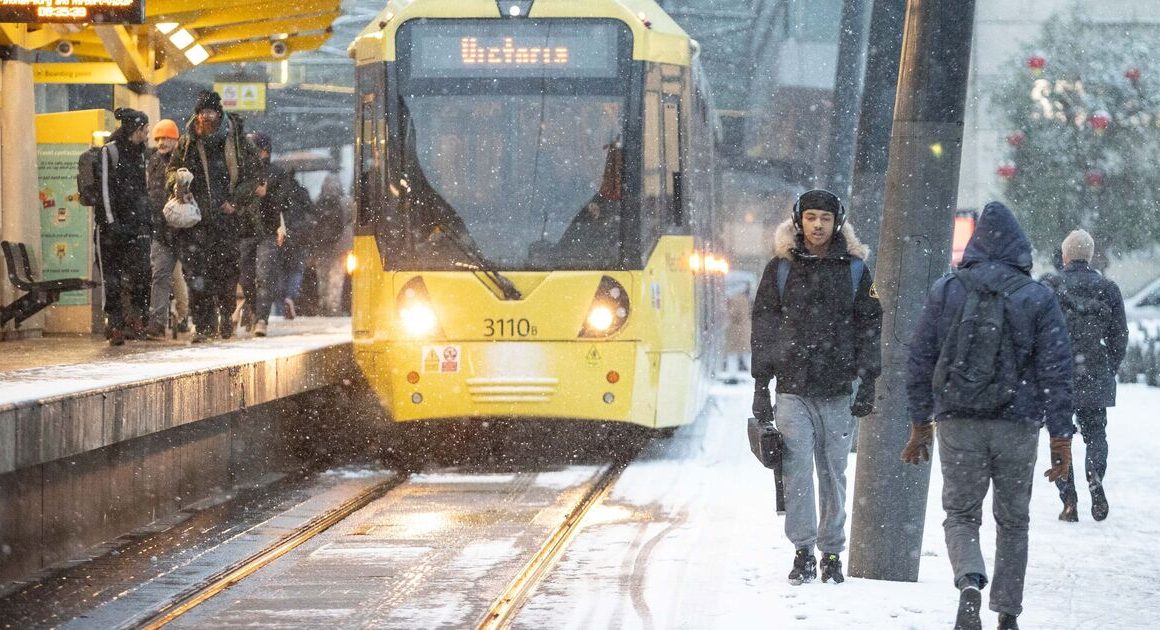Israel carried out numerous airstrikes in southern Lebanon on Thursday into the night destroying more than 100 Hezbollah targets, the IDF said.
The military said over 100 rocket sites primed for launch were destroyed including around 1,000 launch barrels.
Now, local reports from Syria suggest that a senior official from Iran’s Revolutionary Guard Corps (IRGC) was killed in a separate airstrike near Damascus International Airport.
The news comes after Hezbollah’s leader Hassan Nasrallah accused Israel of declaring war on Hezbollah after thousands of pagers used by the terror group were detonated killing dozens and wounding thousands. Israel has not claimed responsibility for that attack.
Israeli Defence Minister Yoav Gallant had said that the country was “entering a new phase of the war” following the pager attacks, with the country set to focus more resources on its ongoing conflict with Lebanon.
The strikes began on Thursday afternoon after planes were seen circling Beirut and sonic booms, caused by fighter jets, were heard across the country.
The Israeli military said: “The IDF continues to damage and degrade the terror capabilities and military infrastructure of the Hezbollah terror organisation.”
Lebanese security sources cited by Reuters news agency and the New York Times said the Israeli strikes were one of the most intense since the war in Gaza began in October last year.
The IDF also urged residents in northern Israel close to the Lebanese border to avoid large gatherings, guard their neighbourhoods and stay close to bomb shelters.
The IDF called on the public to reduce their movements outside, avoid large gatherings and remain close to bomb shelters until further notice.
On Thursday morning, Hezbollah fighters in southern Lebanon fired two anti-tank missiles across the border, followed by drones.
Israel’s northern border with Lebanon has seen an increase in the tempo of fighting in the wake of October 7, with the group seemingly hoping to capitalise on Israel’s stretched resources in Gaza.
In July, 12 children were killed in the Golan Heights after a missile launched from Lebanon landed in a playground.
Before the strikes, Mr Gallant held a situational assessment to plan for the new phase of the war.
In it, he vowed to continue striking Lebanon until Israelis, displaced as a result of being in Hezbollah missile range, were able to return to their homes in the north of the country.
In a video, he said: “Hezbollah is feeling persecuted, there are significant opportunities, but also heavy risks.”
Those risks were demonstrated clearly in the deaths of two IDF soldiers, Major Nael Fwarsy, from Maghar, and Sergeant Tomer Keren, from Haifa who were killed by a Hezbollah drone missile that injured nine others.
Gallant added: “The sequence of our military operations will continue, our goal is to return the residents of the north to their homes safely.
“As time goes by, Hezbollah will pay an increasing price.”
“At the same time, we will continue and carry out the effort to return the hostages and dismantle Hamas.”











